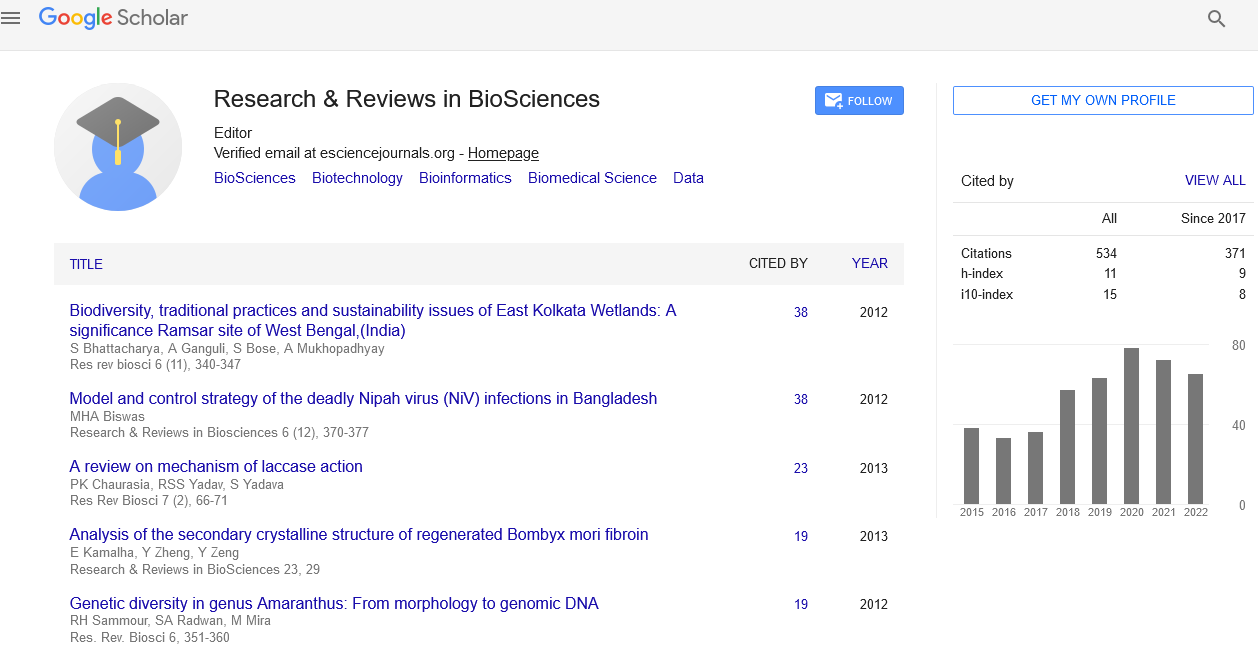Abstract
Physiological Roles of Aquaporins in the Improvement of Plant Water and Nutrient Usage
Author(s): Hemmati SCrops with an enormous food and feed security role and trade potential are sensitive to any kind of water deficit. Transportation of solutes across membrane has vital role in plant normal physiology and resistance toward stresses. H2O2 involves in cell signaling, boron results in leaf expansion, root elongation, flower, fruit and seed development. Silicon improves resistance against pathogens. CO2 transport is important for green plants. Ammonia and urea play significant roles in cell metabolism. Members of major intrinsic proteins (MIPs) consist of aquaporin channel proteins (AQPs) which facilitate the passive transport of water and small solutes across membranes. Four important subfamilies of MIPs are plasma membrane intrinsic proteins (PIPs), tonoplast intrinsic proteins (TIPs), nodolin-26 like intrinsic proteins (NIPs) and small basic intrinsic proteins (SIPs). In this study, functional properties of MIP channels which have been demonstrated experimentally are reviewed. While PIPs are specific as CO2 transporters, ammonia and silicon are only transported by TIPs and NIPs respectively. H2O2, urea and boron are common substrates for PIP, TIP and NIP subfamilies. Identification of MIP channels which are involved in resistance against biotic and abiotic stresses results in the improvement of cultivar traits.
